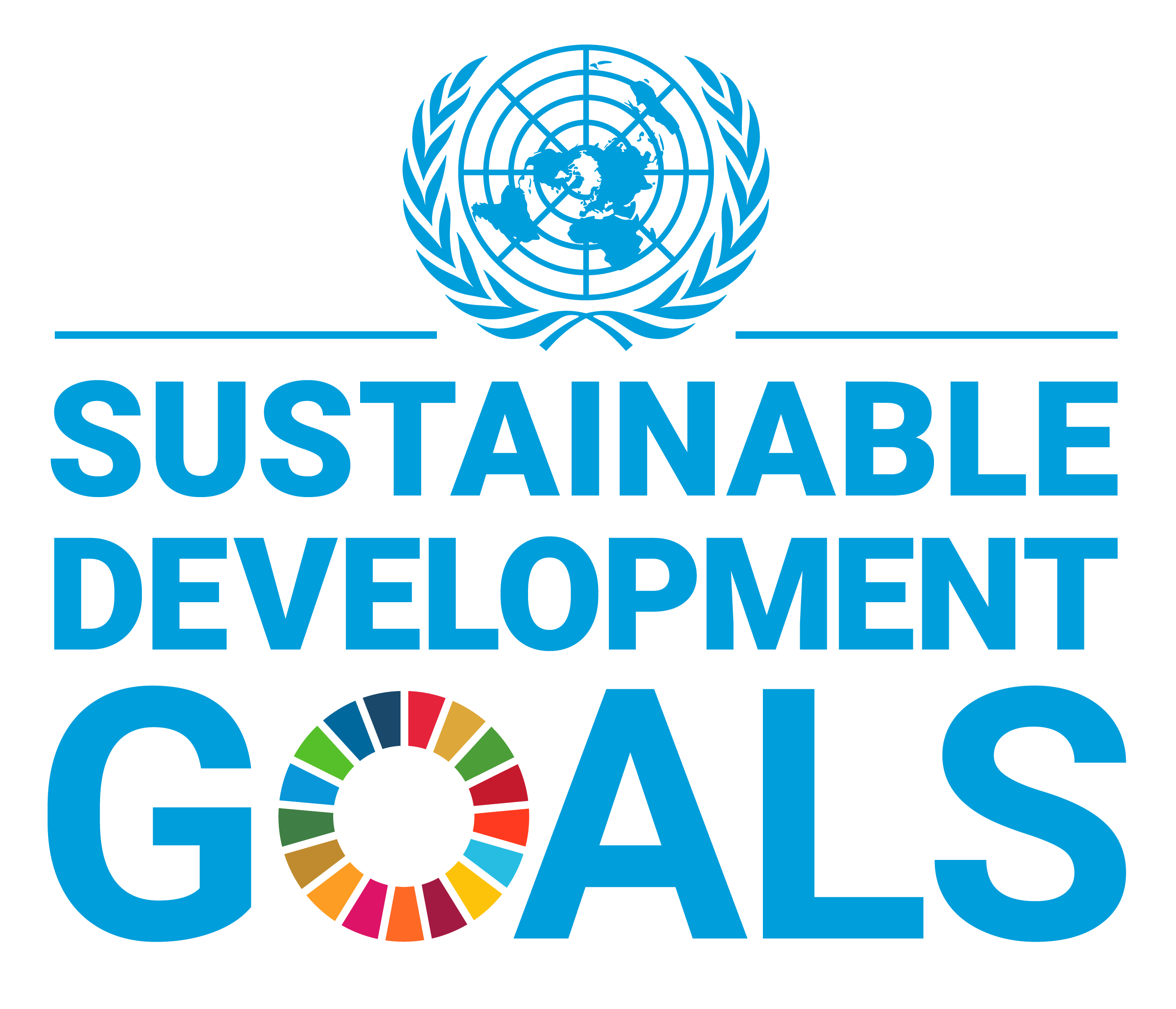Last month GIScience Heidelberg (Prof. Zipf) participated in the First United Nations World Data Forum. This was a high level event including many organisations that generate and analyse data related to achieving the UN Sustainable Development Goals of the UN 2030 Agenda for Sustainable Development.
For this we need a huge amount of data about society, development and environment at different scales. This includes e.g. health, education, demography, infrastructure, economy to many environmental aspects from local to global. In total 240 indicators have officially been agreed on as a global indicator framework. Therefore in particular many National Statistical Offices and National Mapping Agencies participated, as well as stakeholders from NGOs, academia and industry.
Geographic information is hereby very important for achieving the UN Sustainable Development Goals and needs to be integrated with the other kind of data and statistical information.
This data is not only needed for measuring the performance of how good the different goals in the different areas have been achieved, but more important already also for setting the priorities and planning activities. Without data it is hard to implement efficient actions!
Further it was stressed that because of the high number of objectives and measures both administration as well as science needs to work on better integrating further kind of data sources such as crowdsourcing into the data generation and analysis chain. This was acknowledged also by officials from UN Statistics office.
The key example for crowdsourced geographic information is OpenStreetMap (OSM). This was also presented by Rebecka Firth from the Humanitarian OpenStreetMap Team (HOT). She gives a good overview of OSM related aspects of the conference in this blog post. This mentions also the goals and work of the Missing Maps project, where GIScience HD is an active early member contributing through tools, research and development helping to improve the availability of geodata in countries in need.



